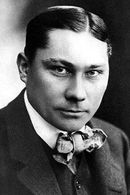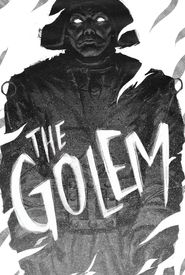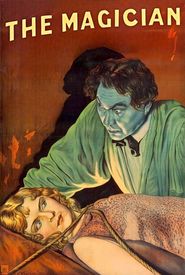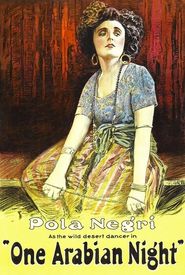Paul Wegener was born in Arnoldsdorf, West Prussia, a region that is now part of Poland, specifically in the town of Jarantowice. His family had a rich history of scientists, with his notable cousin being Alfred Wegener, who is remembered for his groundbreaking theory of continental drift.
Despite being unrelated to another Paul Wegener who served as a Nazi official, the actor Paul Wegener began his career in the theater, initially studying law but eventually dropping out to pursue acting. By 1906, he was part of an acting troupe led by Max Reinhardt, who would later become a film director.
Wegener's interest in film grew, and by 1912, he was seeking roles as a film actor. Two years later, he heard about an old Jewish legend about the Golem and wanted to adapt it into a film. He co-wrote the script with Henrik Galeen, and their work was adapted into the successful film "The Golem" in 1915. Wegener and Galeen co-directed the film, which established Wegener as a prominent figure in German cinema.
Wegener continued to adapt the Golem legend into film, directing a parody in 1917 and a more serious film, "The Golem: How He Came into the World," in 1920. The latter remains a classic of German cinema, showcasing Wegener's interests in trick photography, the supernatural, and mysticism.
Throughout the 1930s, Wegener continued his film career, transitioning from silent films to sound films. During the Nazi regime, several actors and directors faced persecution or exile, but Wegener found himself favored by the regime and appeared regularly in Nazi propaganda films in the 1940s. Despite his personal dislike for the regime, which had persecuted many of his friends and associates, Wegener reportedly financed German resistance groups.
In 1945, Wegener took initiative as president of an organization aimed at improving the living standards for surviving Berlin citizens. He continued to appear in theatrical productions until 1948, despite his poor health.
In July 1948, Wegener collapsed on stage during a performance, and the curtain was brought down. It was his last acting role, as he retired in an attempt to recuperate. He died in his sleep in September 1948, leaving behind his last wife, Lyda Salmonova.
























